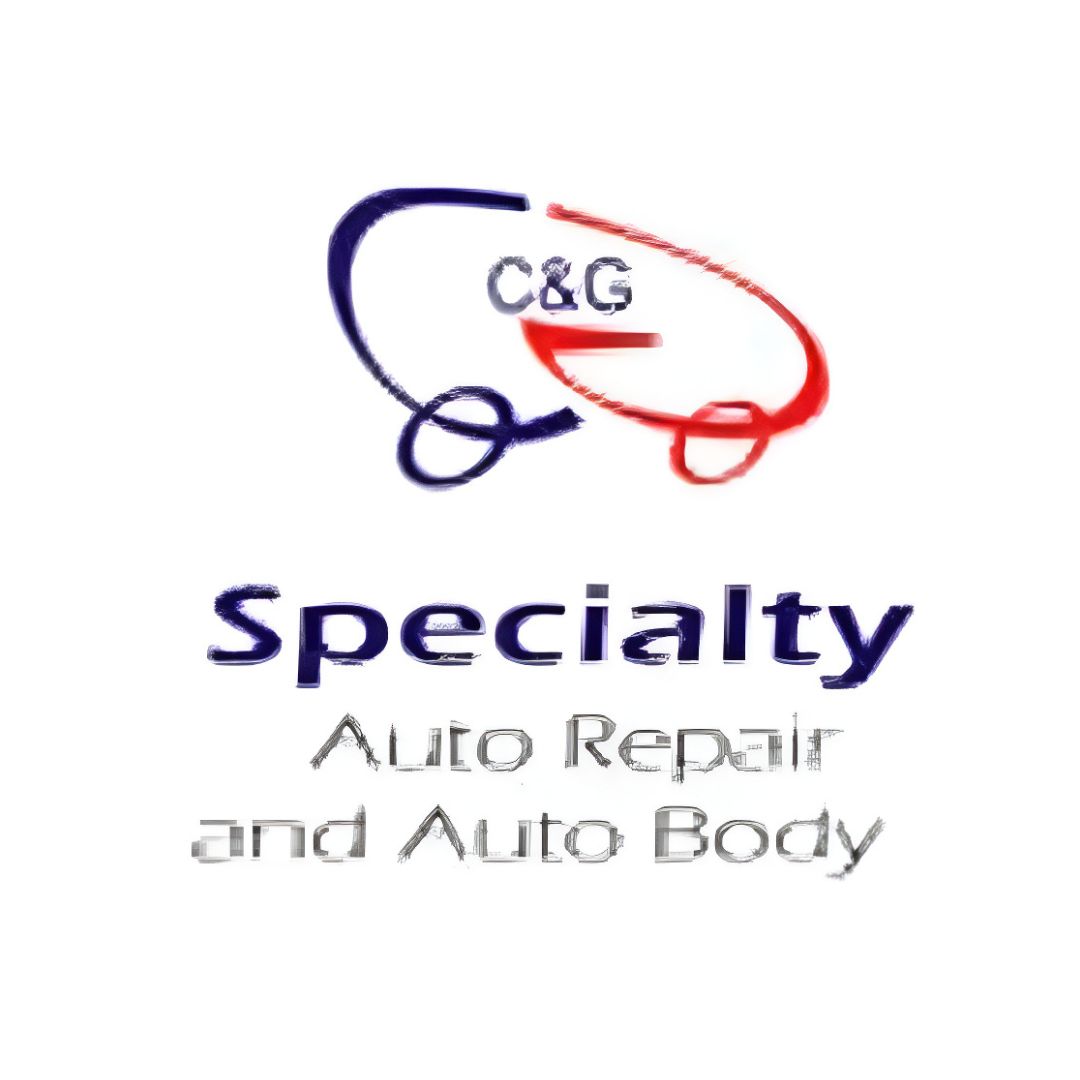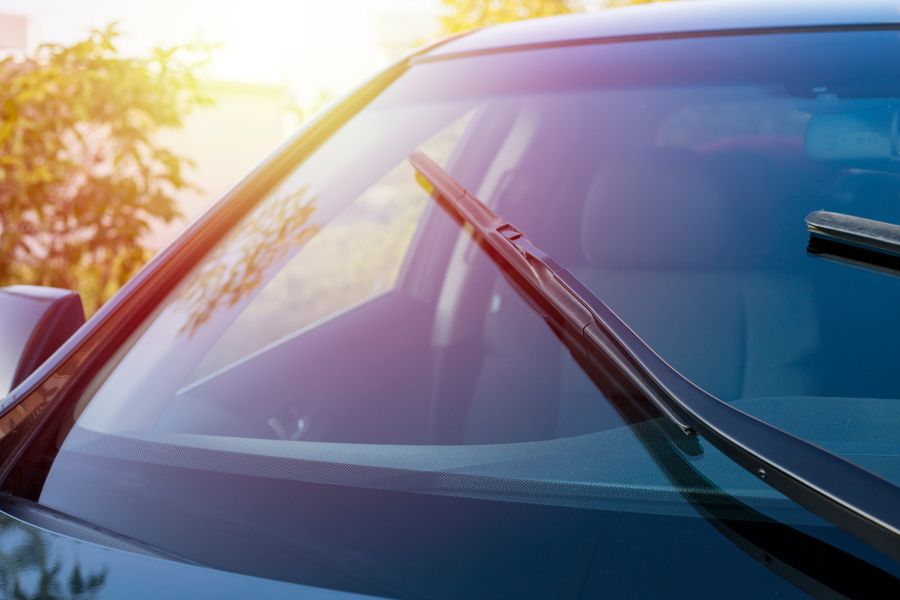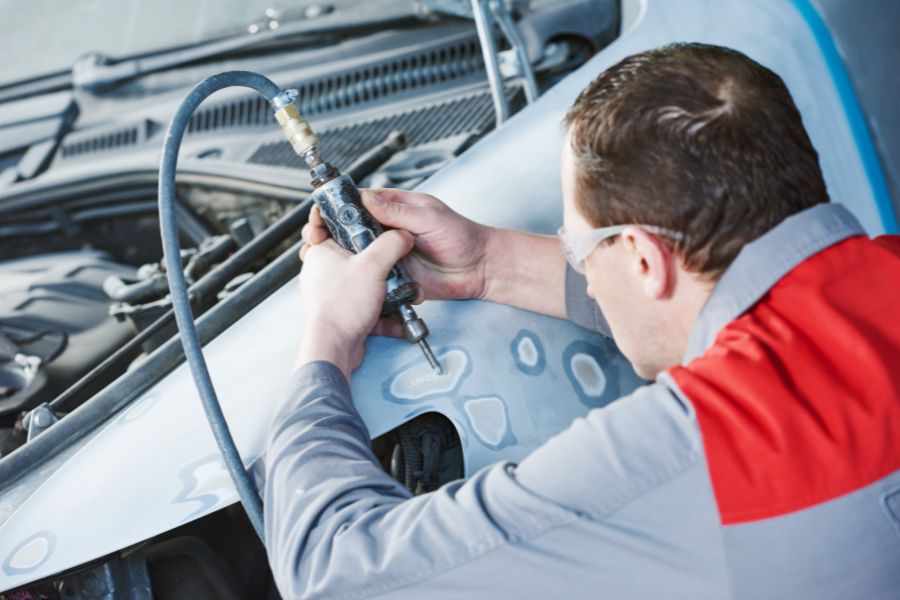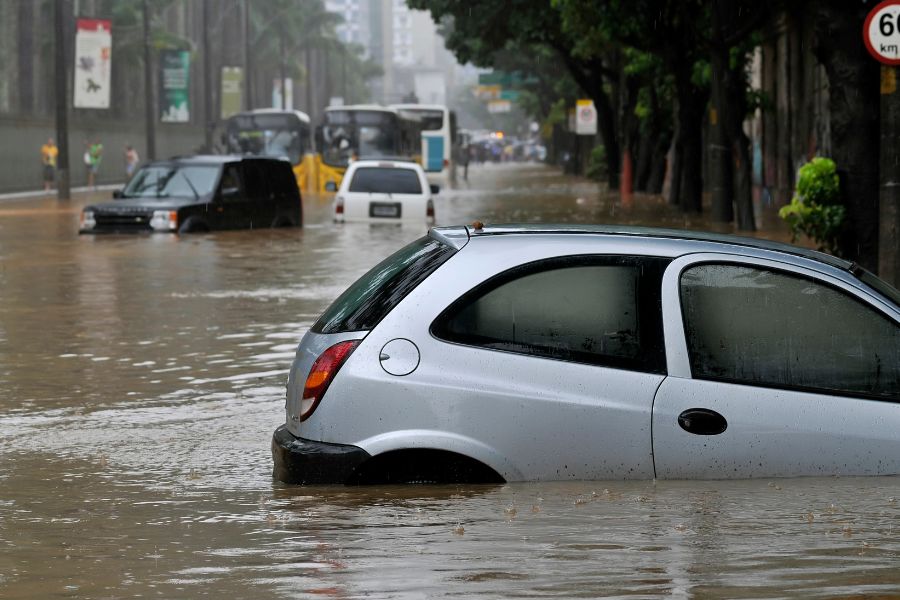Ten Things That Can Damage Car Paint
Maintaining the aesthetic quality of your vehicle is not only essential for its resale value, but also for the overall longevity of the car. One key aspect of this maintenance is preserving the integrity and shine of your car’s paint. Understanding these can help you take necessary preventive measures and keep your car looking new for longer.
Bird Droppings
The heat from the sun can further accelerate this process, making the droppings harder to remove without causing harm to your paintwork.
Tree Sap
Just like bird droppings, tree sap is another natural substance that can damage car paint.
Road Salt
It accelerates rusting by breaking down the protective layers of paint and exposing the metal underneath.
Sun Exposure
Prolonged exposure to harsh sunlight causes oxidation and premature fading of car paint. This is why it’s recommended that cars be parked under shade as much as possible during hot days.
Acid Rain
Acid rain results from industrial pollutants in the atmosphere combining with rainwater, creating a mild solution of sulfuric acid that falls as rain. This acidic water can erode your car’s paint job gradually over time if not promptly washed off.
Insects
Dead bugs might seem harmless, but they carry acids that can etch into your vehicle’s finish if left unattended. They become more challenging to remove over time without damaging the surface they’re stuck to.
Incorrect Washing and Drying Techniques
For example, using a hard bristle brush or rough towel can cause significant damage. Bamboo straws, attached to a soft cloth, could be used as a more gentle alternative for removing debris.
Poor Quality Car Covers
Cheap car covers might save you some money initially but end up costing more in the long run. They can scratch the surface of your car or trap moisture—both of which are detrimental to your paintwork.
Gasoline Spills
While filling up your vehicle, gasoline spills or drips that aren’t immediately cleaned can eat through the clear coat on your car paint, leaving it discolored and damaged.
Stone Chips and Road Debris
Lastly, driving at high speeds exposes your car to stone chips and other road debris. These can chip off pieces of paint, especially on areas like the front end and wheel wells.
By being aware of these factors, you can take active measures to protect your car’s paintwork. Regular washing and waxing with appropriate materials, parking in shaded areas whenever possible, immediately cleaning off any contaminants such as bird droppings or gasoline spills – all these steps will contribute significantly towards maintaining the shine and gloss of your vehicle’s paint over its lifetime.
Bird droppings are an almost inevitable encounter for car owners. While they may seem harmless or just a minor annoyance, they can actually cause significant damage to your car’s paintwork if not dealt with promptly.
The damage from bird droppings is primarily due to its chemical composition. Bird poop contains uric acid, a substance that is corrosive and can eat away at your car’s paintwork. When left on the surface of the vehicle for an extended period, this acid can etch into the clear coat of the paintwork, causing permanent damage.
Furthermore, bird droppings often land on a car when it is exposed to sunlight. The heat from the sun hardens the droppings and makes them difficult to remove. This increases the chance of scratching the vehicle’s surface when trying to clean it off.
- Prompt Removal:The sooner you can get bird droppings off your vehicle, the less harm it will do to your paintwork. Use a soft cloth and warm water to gently remove any droppings as soon as you spot them.
- Use of Car Covers:If parking your car outdoors for an extended period or in an area frequented by birds, consider using a high-quality car cover. Car covers not only protect against bird droppings but also other potential hazards like tree sap or pollen.
- Wash Regularly:Regular washing can help keep your car clean and minimize any potential damage from bird droppings or other harmful substances.
- Waxing and Polishing:Regularly waxing and polishing your vehicle creates a protective barrier over the paintwork that can help shield it from corrosive substances like bird poop.
- Professional Cleaning:If you find hardened or large amounts of bird feces on your car, consider seeking professional cleaning services. They have the right tools and expertise to safely clean your car without causing further damage to the paint.
And yes, you might be wondering what do bamboo straws have to do with bird droppings on cars. While they might seem unrelated, using bamboo straws is a small step towards protecting our environment which includes the habitats of birds. The more we can do to maintain a clean and healthy environment, the less likely it would be for birds to come into urban areas in search for food or shelter – thus reducing their interactions with our cars.
In essence, dealing with bird droppings on your vehicle’s surface is all about prompt action and proper maintenance.
Exposure to Sunlight and UV Rays
For many car owners, an immaculate exterior finish is a measure of pride. Unfortunately, exposure to sunlight and UV rays can cause significant damage to a car’s paint. This process, also known as oxidation, results in the deterioration of the vehicle’s sheen, leading to a dull appearance over time.
The sun’s ultraviolet (UV) rays are remarkably harmful to a car’s paint job. These rays not only affect human skin but also have adverse effects on various materials, including your vehicle’s paint. The UV rays break down the chemical bonds in the color pigments leading to fading.
- Fading:Continuous exposure to sunlight causes the vibrant color of your vehicle to fade over time. This is particularly pronounced in red and black vehicles.
- Oxidation:Oxidation is another common issue caused by excess sunlight exposure. This process results in a chalky residue on the surface of your car.
- Clear Coat Damage:Most cars have a protective clear coat over their paint jobs. Over time, this layer can be damaged by harsh UV rays leading it to peel or crack.
- Park in Shade:Whenever possible, park your vehicle in shaded areas or indoors such as home garages or covered parking lots.
- Use Car Covers:If shade is not available, consider using a protective car cover which helps shield the car paint from direct sunlight.
- Regular Washing and Waxing:Regular washing helps get rid of dirt that may amplify the harmful effects of UV rays. Waxing provides an additional protective layer against both dirt and sun damage.
- Use High-Quality Sealants:High-quality paint sealants can offer long-lasting protection against UV rays. They create a barrier that prevents the sun’s rays from reaching the car’s paint.
It’s interesting to note that the damage caused by UV rays to car paint is somewhat similar to what happens when you leave a bamboo straw out in the sun. Over time, the bamboo straw starts to fade, lose its sheen, and become brittle – just like how your car’s paint job reacts to excessive sunlight exposure. And just as you can prolong the lifespan of a bamboo straw by storing it away from direct sunlight and taking care of it properly, so too can you extend the longevity of your vehicle’s paint job.
By taking preventative measures and regularly maintaining your vehicle’s exterior, you can help ensure your car remains looking its best for years to come. Remember that while sunlight and UV rays are a major source of damage, they’re also an entirely preventable one if treated correctly.
Harsh weather conditions are a significant factor that can cause substantial damage to your car’s paintwork. Excessive sunlight, rain, hailstorms, snow, and salt in the air are some conditions that result in irreversible harm to the car’s appearance.
Prolonged exposure to sunlight is one of the primary reasons behind car paint damage. The ultraviolet (UV) rays from the sun can cause fading and discoloration of the car paint. This discoloration is due to the breakdown of chemical bonds in the paint due to UV radiation.
‘ This occurs when there are sudden temperature changes—for example, when a cold vehicle is exposed to intense sunlight.
Rainwater is not just H2O; it carries various pollutants and minerals that can be harmful to your car’s paint. If left unwashed for a long time, these pollutants can cause oxidation and corrosion on the car’s surface.
Acid rain, a form of precipitation containing high levels of nitric and sulfuric acids, significantly damages car paints if not clean promptly. It causes etching on the clear coat (outermost layer), leaving stains that cannot be washed off easily.
Hailstorms are particularly damaging because of their physical impact on cars. Hailstones can chip or even shatter the clear coat layer of your vehicle’s paintwork.
Snow, while it may seem harmless at first glance, poses risks too. Road salts used to melt snow during winter season corrode metal components and eat away at your vehicle’s paintwork over time.
- Park in shaded areas when possible.
- Use a breathable outdoor cover.
- Regularly wash and wax your car.
- Protect your car from hailstorms and heavy snow with a sturdy garage.
- Use rust-proofing products if you live in an area where road salt is used.
While it may not initially seem related, even seemingly harmless items like bamboo straws can pose a threat to your car’s paint. Leaving these or any type of object on the hood or roof of your vehicle for an extended period can cause scratches or discoloration.
Understanding what factors can damage your vehicle’s paintwork is the first step towards preventing it. Remember, prevention is better than cure; staying proactive could save you a lot of time and money in the long run.
Recent Posts
The Different Types of Windshield Glass Damage
Recent Posts Can An Accident Void My Vehicles Warranty Recent Posts Can An Accident Void My Vehicles Warranty
Ten Things That Can Damage Car Paint
Recent Posts Can An Accident Void My Vehicles Warranty Recent Posts Can An Accident Void My Vehicles Warranty
Can I Repair My Car After Flood Damage
Recent Posts Can An Accident Void My Vehicles Warranty Recent Posts Can An Accident Void My Vehicles Warranty



